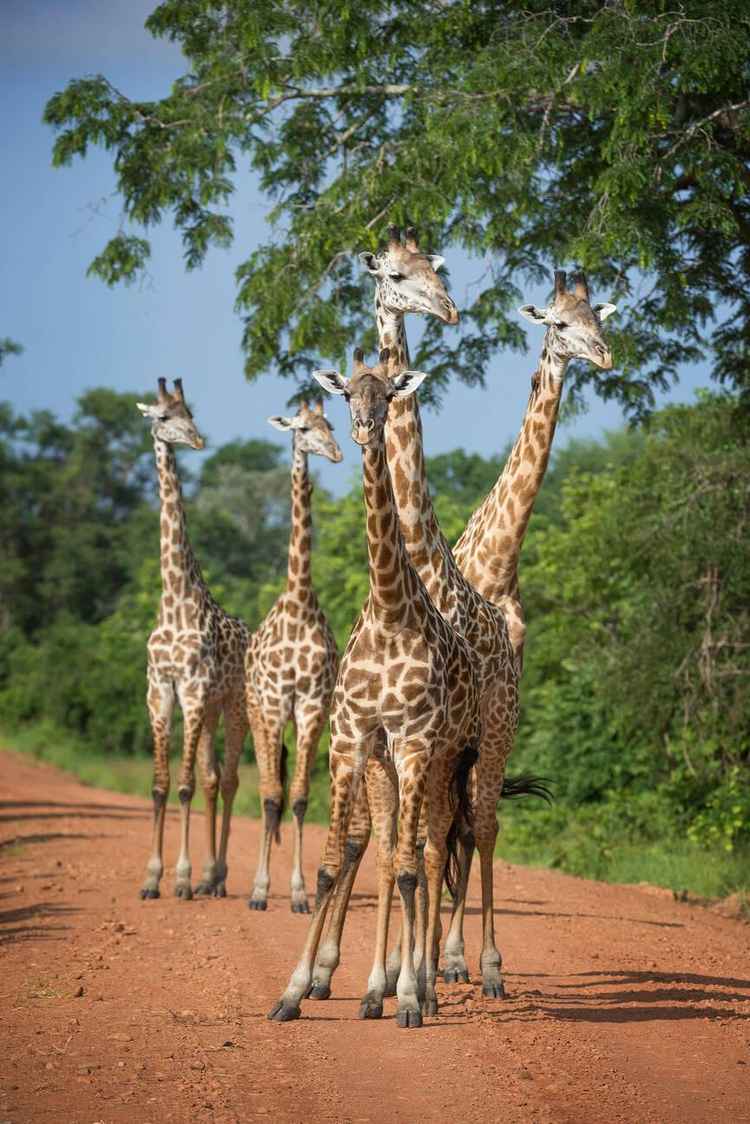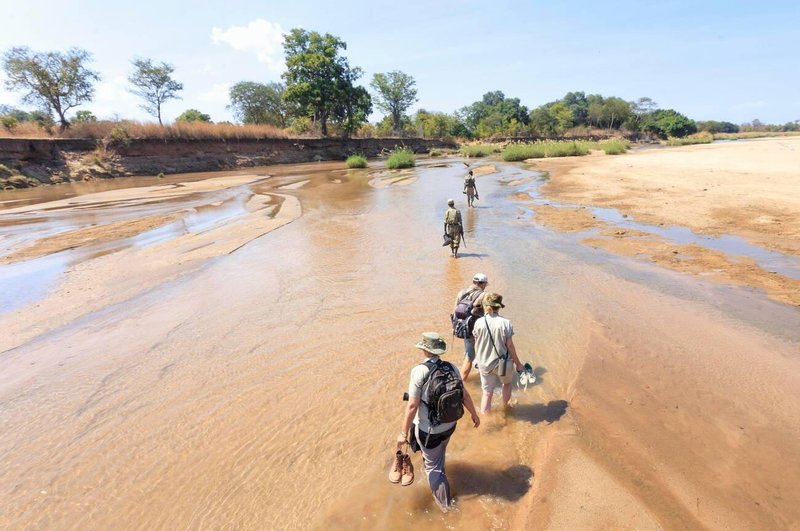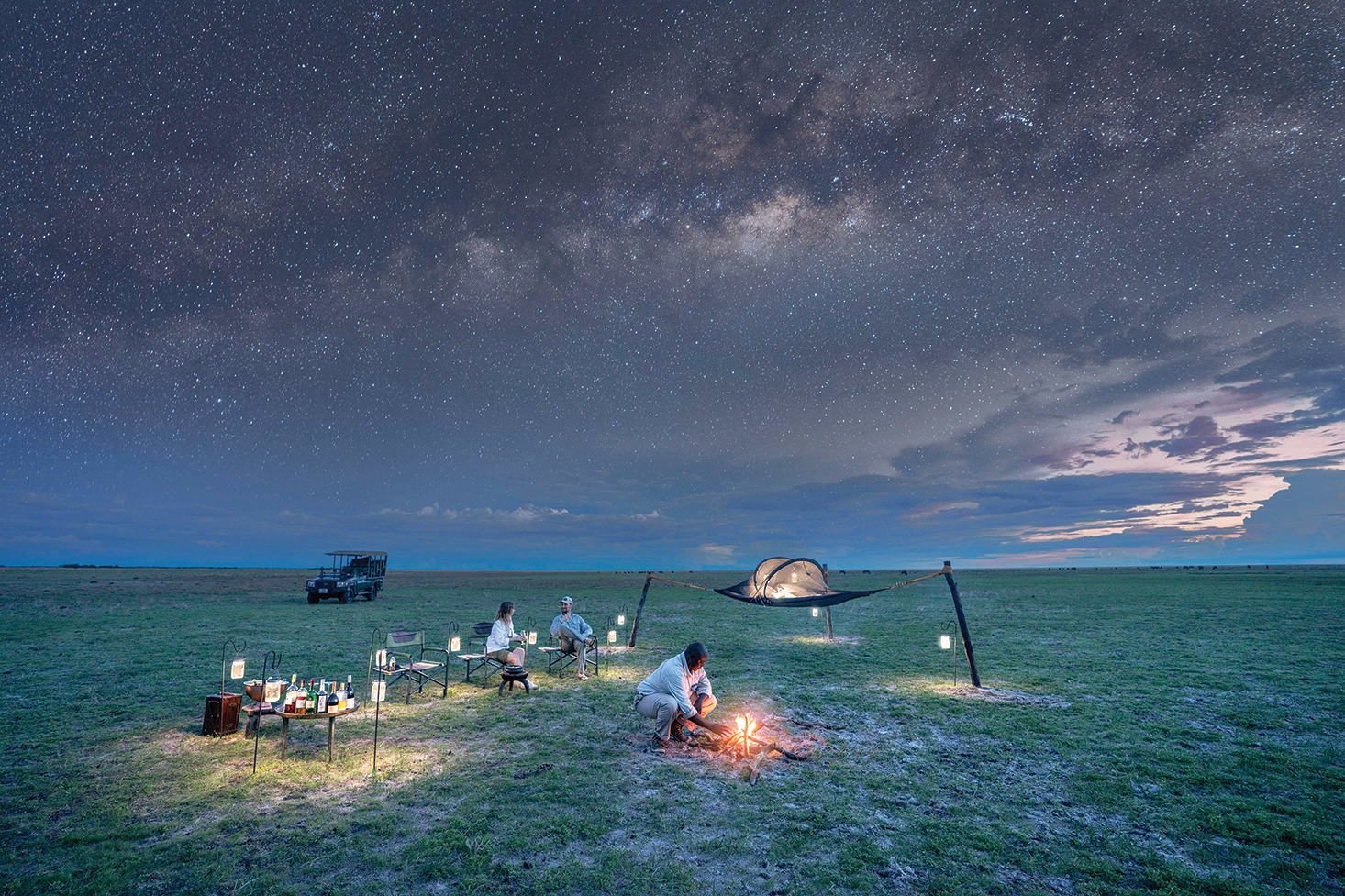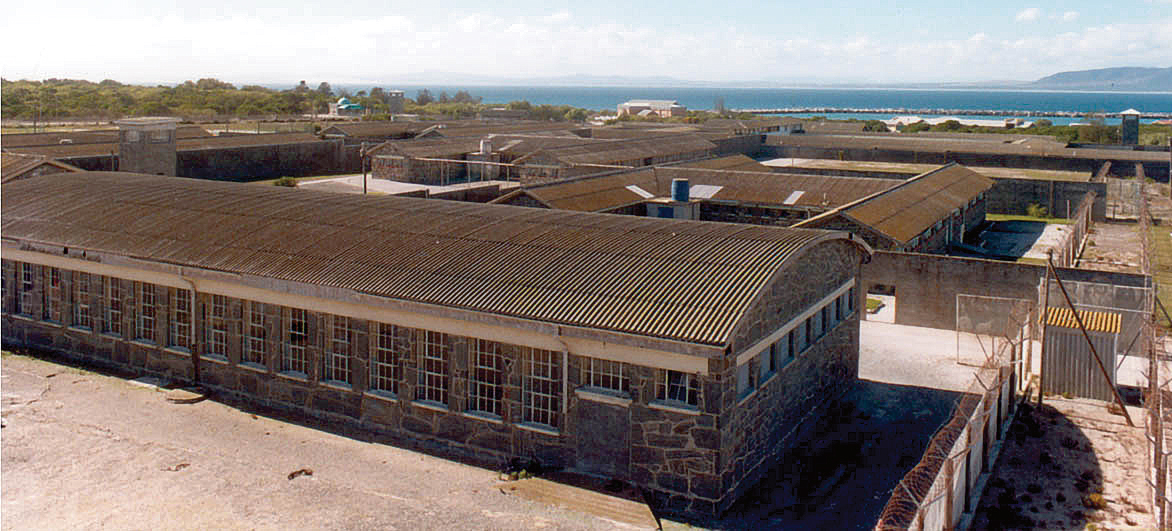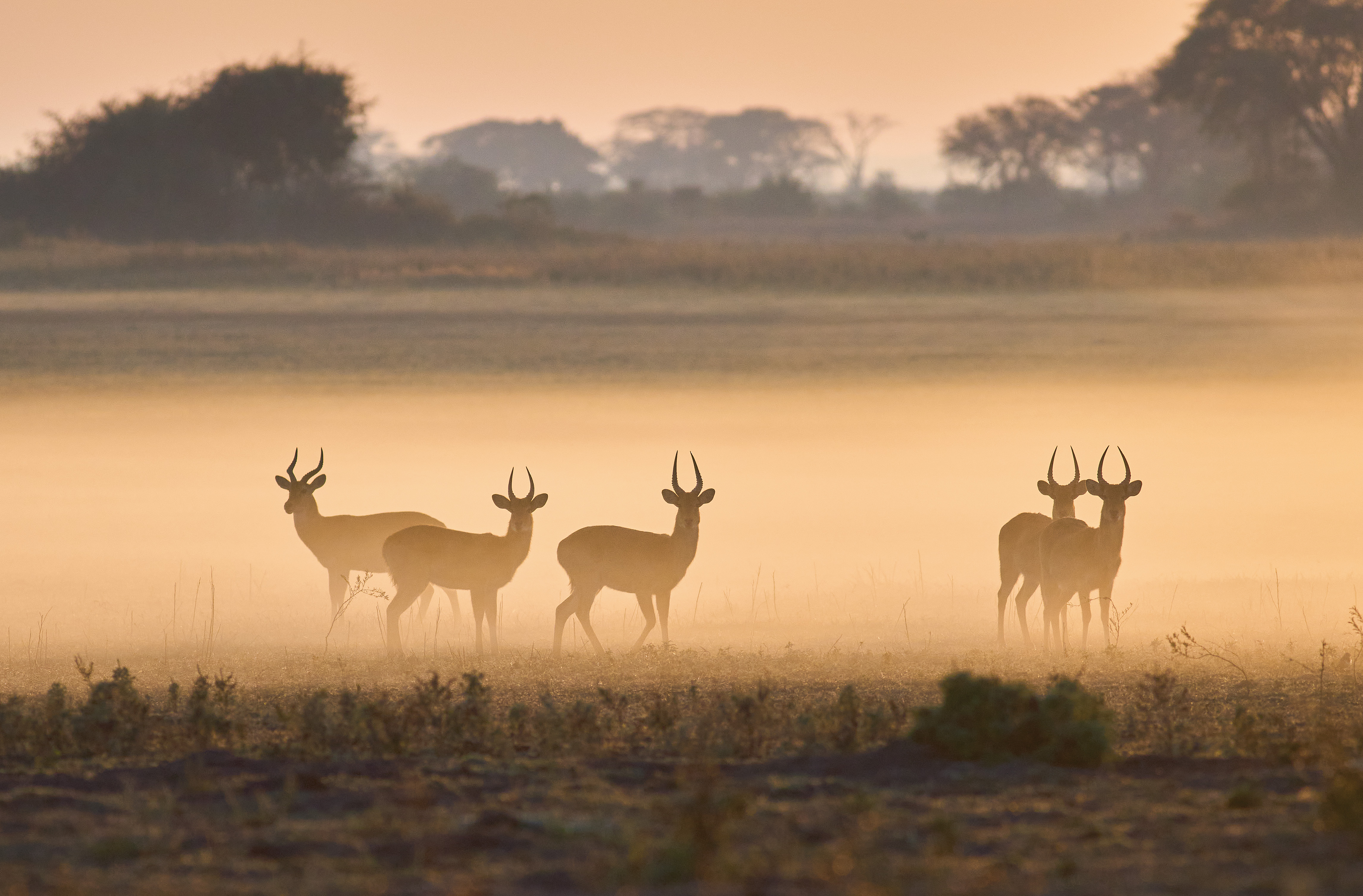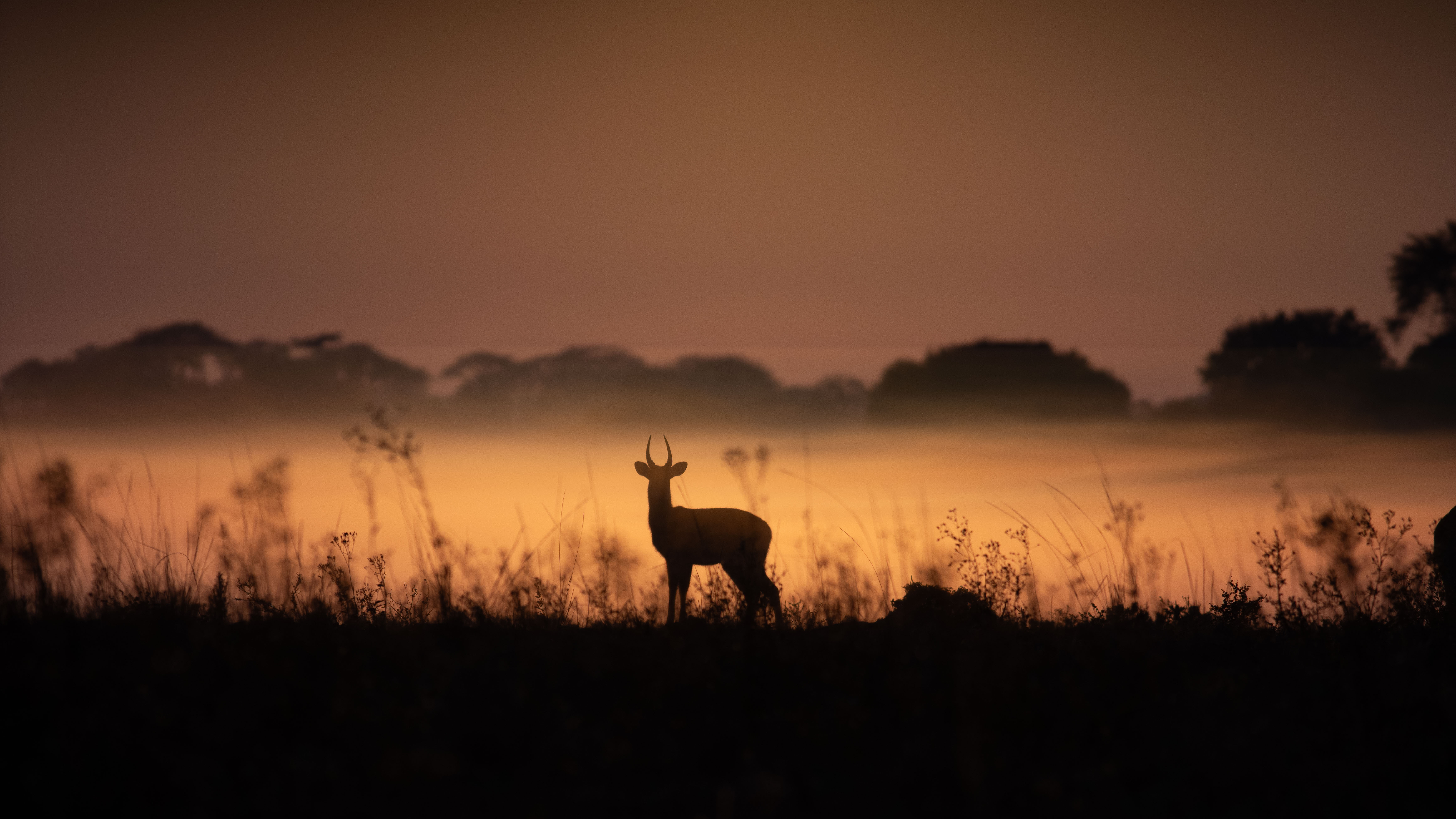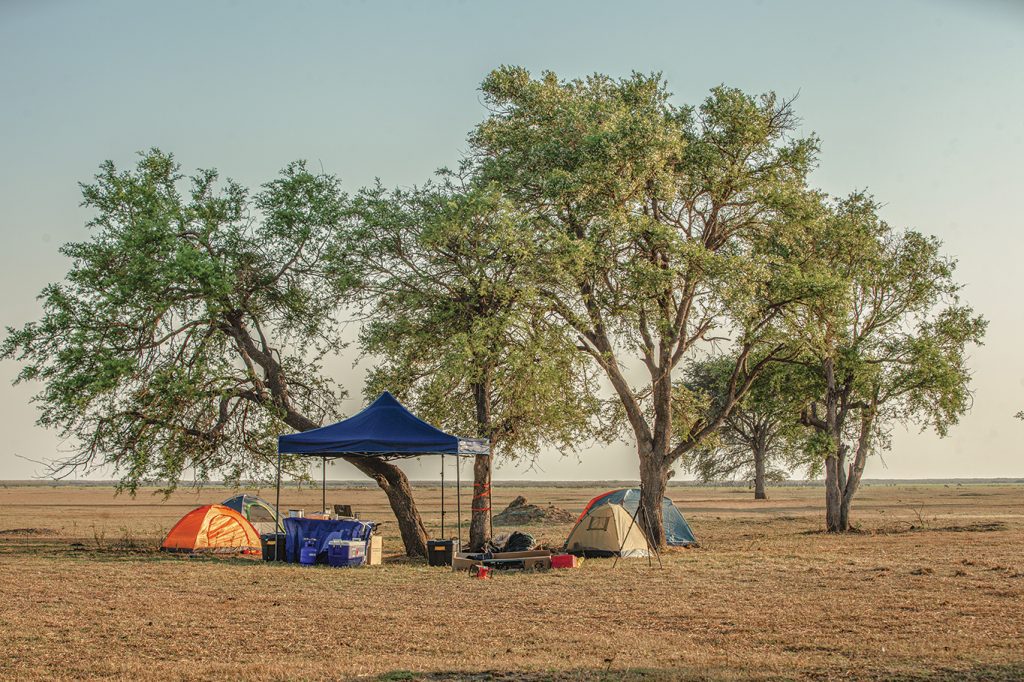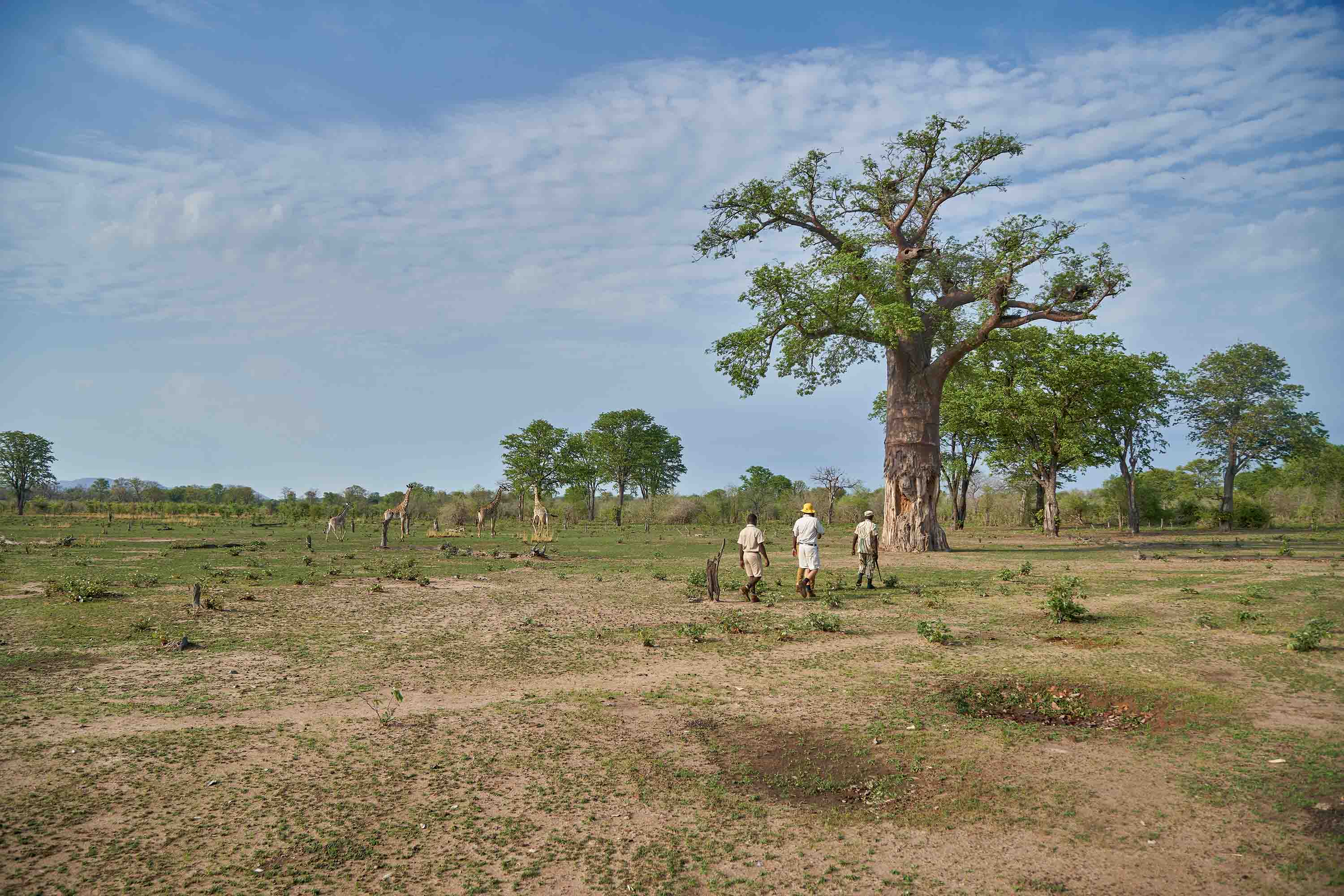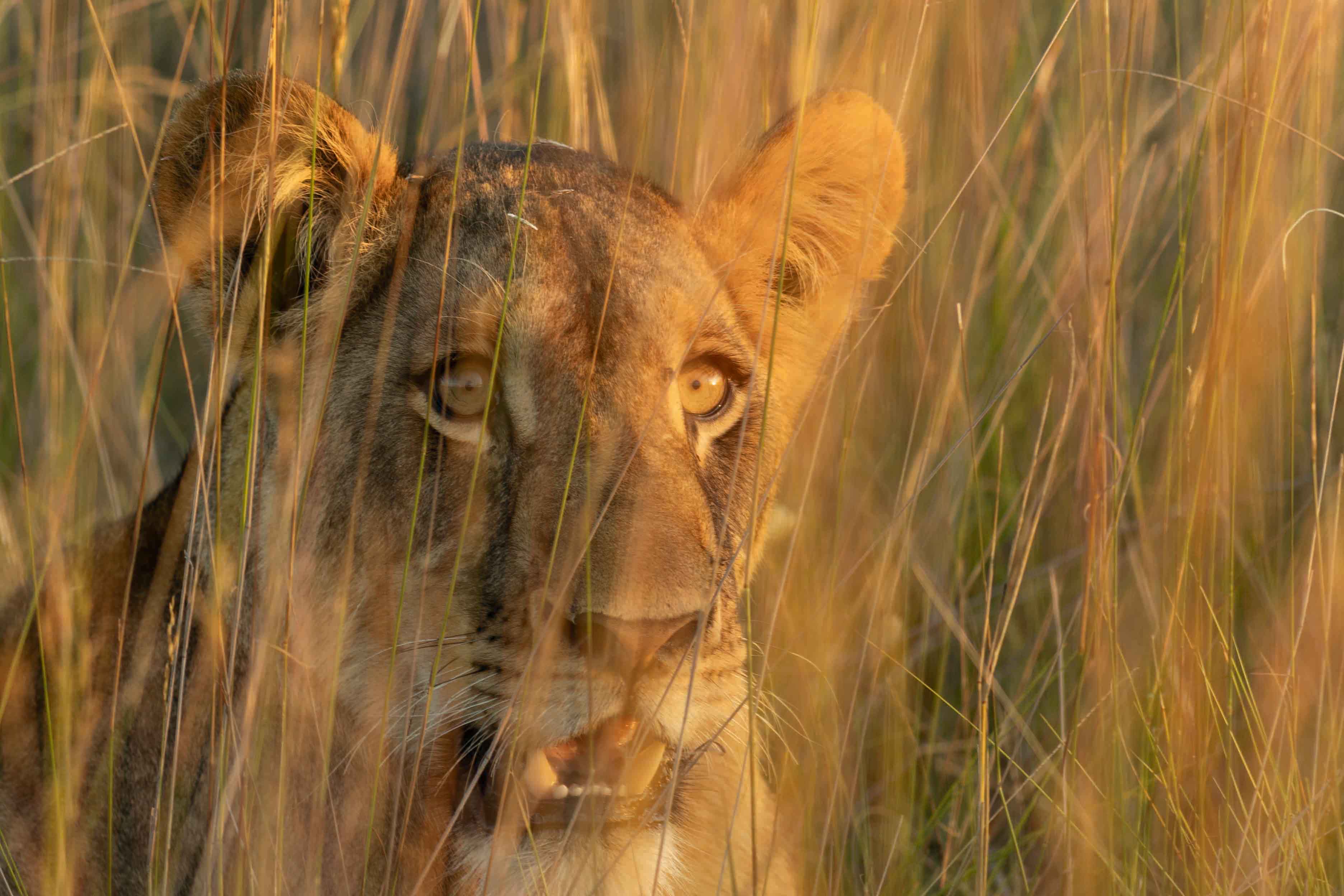Whatever you do, don't run. Stand your ground. That's the golden rule of a walking safari.
Walking safaris offer an immersive and thrilling way to explore the African wilderness, giving you a unique perspective that vehicle-based safaris just can't match. This form of wildlife tourism, rooted in conservation, traces its origins to Zambia's South Luangwa National Park, where British conservationist Norman Carr pioneered the concept. Carr's vision didn't just transform safaris; it changed how we interact with nature.
Standing so close to an apex predator on foot is a powerful, humbling experience that only a walking safari can provide.
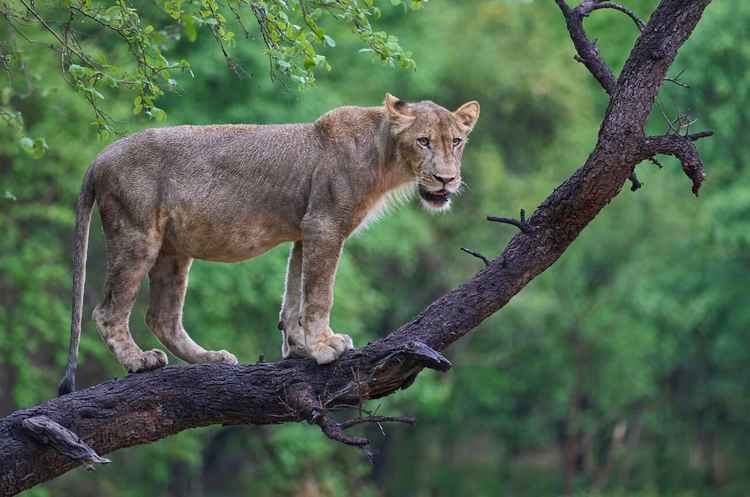
The Pioneering Vision of Norman Carr
In the 1930s, Norman Carr arrived as a game ranger in Northern Rhodesia (now Zambia). He quickly saw the impact hunting had on wildlife populations and developed a revolutionary idea: turn safaris from hunting expeditions into photographic and walking safaris, emphasising conservation over killing.
In 1950, Carr established the first photographic safari camp in the Luangwa Valley, a groundbreaking move that set a new standard for sustainable tourism. His vision directly benefited local communities by ensuring that wildlife conservation brought economic returns to people living near protected areas. Carr trained many others in various aspects of conservation, ensuring that his efforts were not in vain and cementing his legacy.
Carr's walking safaris were designed to give visitors a deeper connection to the bush. By tracking wildlife on foot, guests didn't just see animals from afar—they engaged with the landscape, learning about animal behaviour, plant life, and the ecosystem's delicate balance. This new form of safari fostered a stronger appreciation for conservation and a more intimate connection with the wild.
![Wildlife conservation pioneer Norman Carr (Image courtesy of Wildlife Crime Prevention [WCP])](https://dbi2j5plmzctc.cloudfront.net/media/images/PIc_4_Normal_Carr_landrover_courtesy_of_Wildli.width-750.jpg)
The Evolution of Walking Safaris
Carr's innovative safaris in South Luangwa National Park set the foundation for what has now become one of the most sought-after activities in African tourism. Today, walking safaris provide adventurers with a front-row seat to the African wilderness, offering opportunities to observe wildlife tracks, study plants, and occasionally encounter animals up close.
Safety is always the top priority, and every walking safari is led by experienced guides trained to ensure both participants' safety and the environment's respect. Walking safaris have become a hallmark of Zambian tourism, with many safari operators building on Carr's legacy to enhance Zambia's reputation as a premier safari destination.
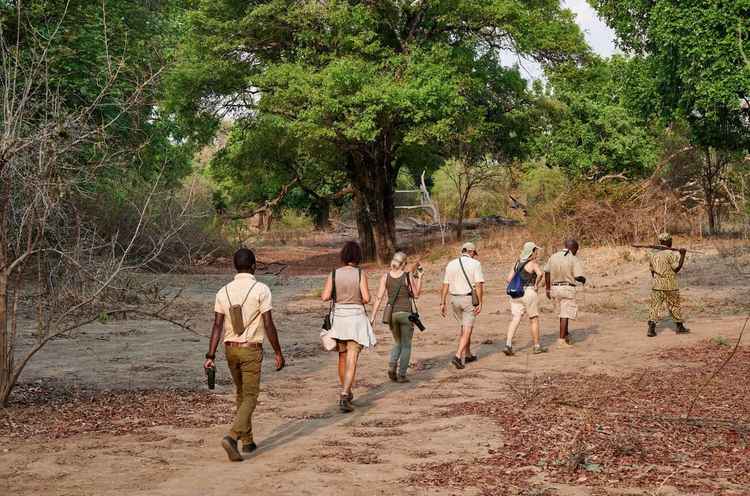
Zambia's Conservation Legacy
Zambia's commitment to wildlife conservation has become an integral part of its identity as a safari destination. The country has made significant progress in protecting its natural heritage, and several initiatives are in place to ensure that both wildlife and local communities benefit from conservation efforts.
- Community-Based Conservation: Zambia's Community Resource Boards (CRBs) empower local communities to manage and benefit from wildlife resources. This model ensures that conservation efforts offer tangible economic benefits to the people living near protected areas.
- Protected Areas: Zambia boasts 20 national parks and 34 game management areas, covering roughly 30% of its land. This extensive network of protected areas is vital for preserving biodiversity and sustaining tourism.
- Anti-Poaching Efforts: Zambia has implemented strong anti-poaching initiatives, from training rangers to educating local communities. These efforts help curb illegal wildlife trade and protect endangered species like elephants and rhinos.
- Research and Monitoring: Zambia collaborates with international conservation organisations to conduct wildlife research and monitor populations, ensuring effective management of its ecosystems.
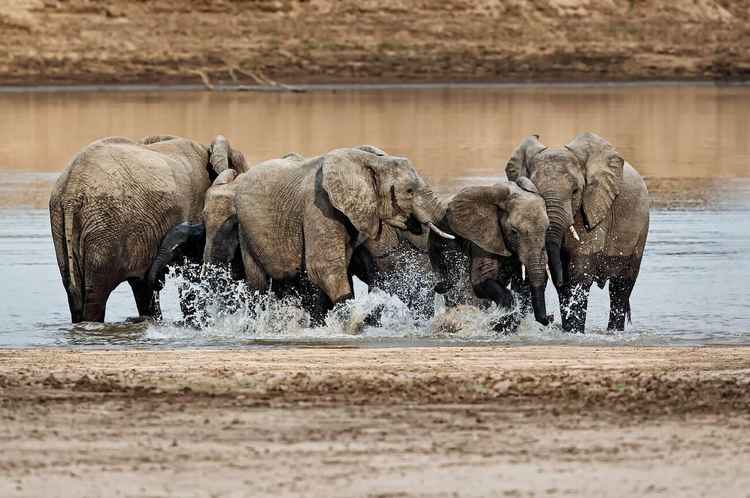
Why Zambia is an Ideal Safari Destination
There are several reasons why Zambia stands out as an exceptional safari destination:
- Diverse Wildlife: Zambia is home to a wide variety of wildlife, including the Big Five (lion, leopard, elephant, buffalo, and rhino), hippos, giraffes, zebras, and over 400 bird species in South Luangwa National Park alone.
- Scenic Landscapes: Zambia offers some of Africa's most breathtaking landscapes, from the lush plains of South Luangwa to the majestic Victoria Falls and the vast expanses of Kafue National Park.
- Exclusive Experiences: Zambia is known for its small, intimate lodges and camps, providing a personalised safari experience far from the crowds. These exclusive settings ensure a truly memorable adventure.
- Walking Safaris: Zambia is the birthplace of walking safaris and offers unparalleled opportunities to explore the bush on foot. The tradition started by Norman Carr lives on, with expert guides ready to lead you on a once-in-a-lifetime experience.
- Sustainable Tourism: Zambia's dedication to sustainable tourism ensures that both wildlife and their habitats are preserved for future generations. Visitors can take pride in knowing that their safari helps support conservation efforts.
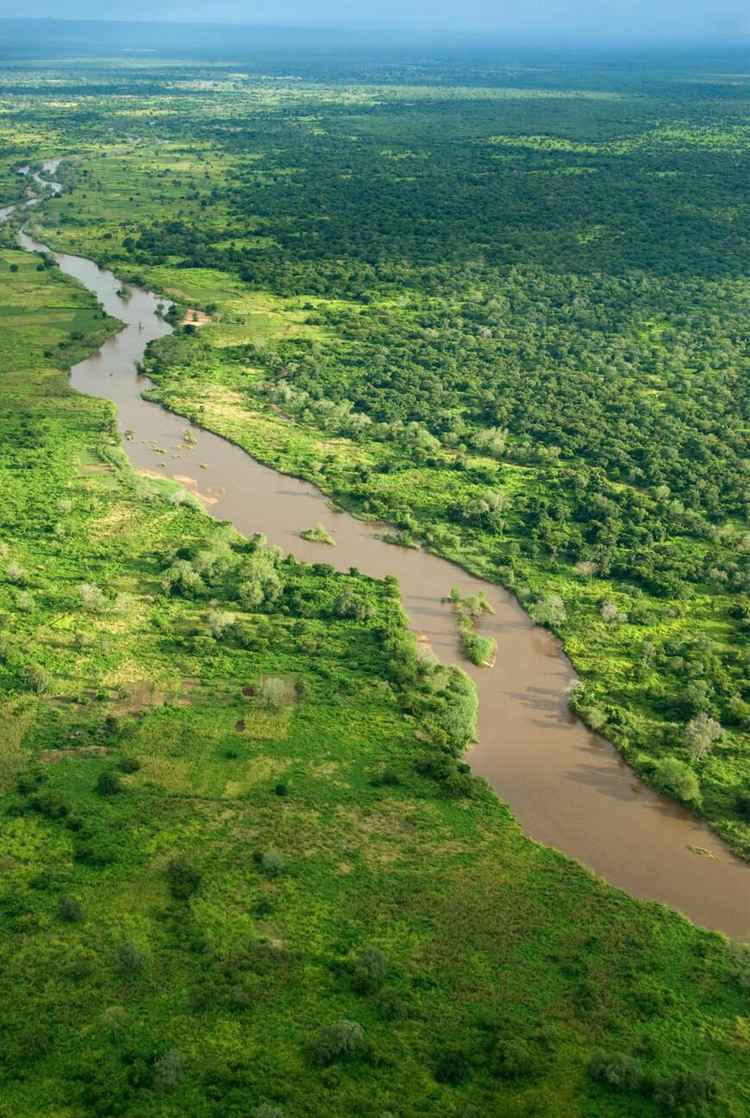
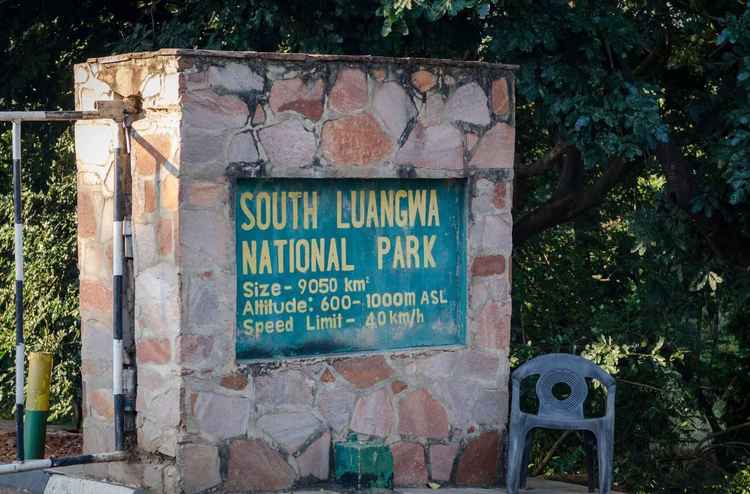
Walking safaris, pioneered by Norman Carr in Zambia's South Luangwa National Park, have reshaped wildlife tourism. This up-close-and-personal approach allows visitors to connect with nature in a way that few other experiences can offer. Zambia's rich biodiversity, dramatic landscapes, and commitment to conservation make it the ideal destination for safari lovers.
Whether tracking lions or simply enjoying the tranquillity of the bush, walking safaris offer an unforgettable experience that will leave you with a deeper appreciation for the wild and the ongoing efforts to preserve it.
